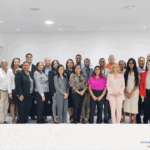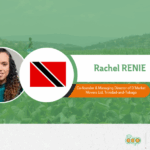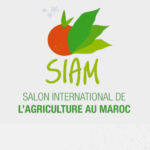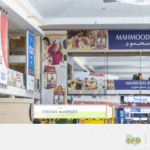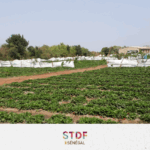Dominican Republic: JAD-COLEACP webinar series
- 30/03/2021
- Posted by: Sandra Borma
- Category: Uncategorized
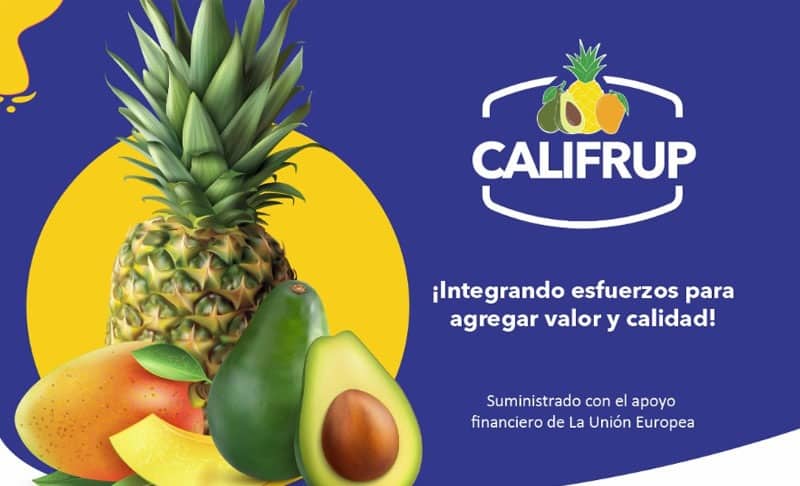
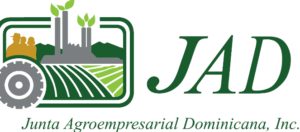
COLEACP is collaborating with the Dominican Agroenterprise Board (Junta Agroempresarial Dominicana, JAD) to present a webinar series on market access for processed products in the pineapple, mango and avocado sectors. The webinars are part of the CALIFRUP project, “Quality enhancement for the development of MSMEs in the processed fruit value chain”.
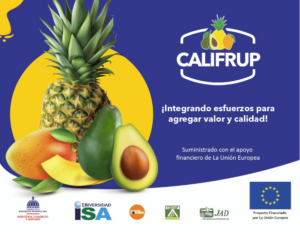 In February–March 2021, three webinars offered key ideas and tools to help Dominican entrepreneurs build their export projects. Each one was attended by an average of 30 active participants.
In February–March 2021, three webinars offered key ideas and tools to help Dominican entrepreneurs build their export projects. Each one was attended by an average of 30 active participants.
The first event, on “The international market for processed products”, was held on 3 February. It covered trends (frozen products, pulp, dry products, kernel butters, cosmetics, etc.); the expectations of international consumers and importers; and innovative technologies.
The second webinar, on 17 February, focused on regulatory and private requirements, and the action plan that companies will need to implement before being able to export mango, pineapple and avocado to Europe. Issues covered included health regulatory requirements, packaging and labelling requirements, traceability, certifications required by importers, criteria for the industrialisation of fruit production, and safety and good manufacturing practices for pre-packaged products. Participants learned how to draw up an action plan for their company with the measures needed to comply with regulatory and private requirements, before being able to export to Europe.
The third session, on 10 March, emphasised the importance for exporters and processor of figuring out from the start the type of market they want to conquer. This strategy will help companies to find the right allies within the supply chain – if a company wants to be seen by buyers as serious and reliable, it’s very important that all partners in the supply chain are up to standard, and understand the importance of cooperation and continuous dialogue, responsiveness and resilience, and quality and traceability. Companies also need to identify the right buyers, and a narrative that is adapted to their needs. For example, if I want to get into the Fairtrade or organic market, I can’t give vague answers about the working conditions under which my product is processed.
Following on from these webinars, training organised in March focused on commercial negotiation, and in April group training began on “Market access: How to make an informed business decision regarding the market to target in the Caribbean”.
This activity is supported by the Fit For Market programme, implemented by COLEACP within the Framework of Development Cooperation between the Organisation of African, Caribbean and Pacific States (OACPS) and the European Union, and co-funded by the French Development Agency (AFD).

